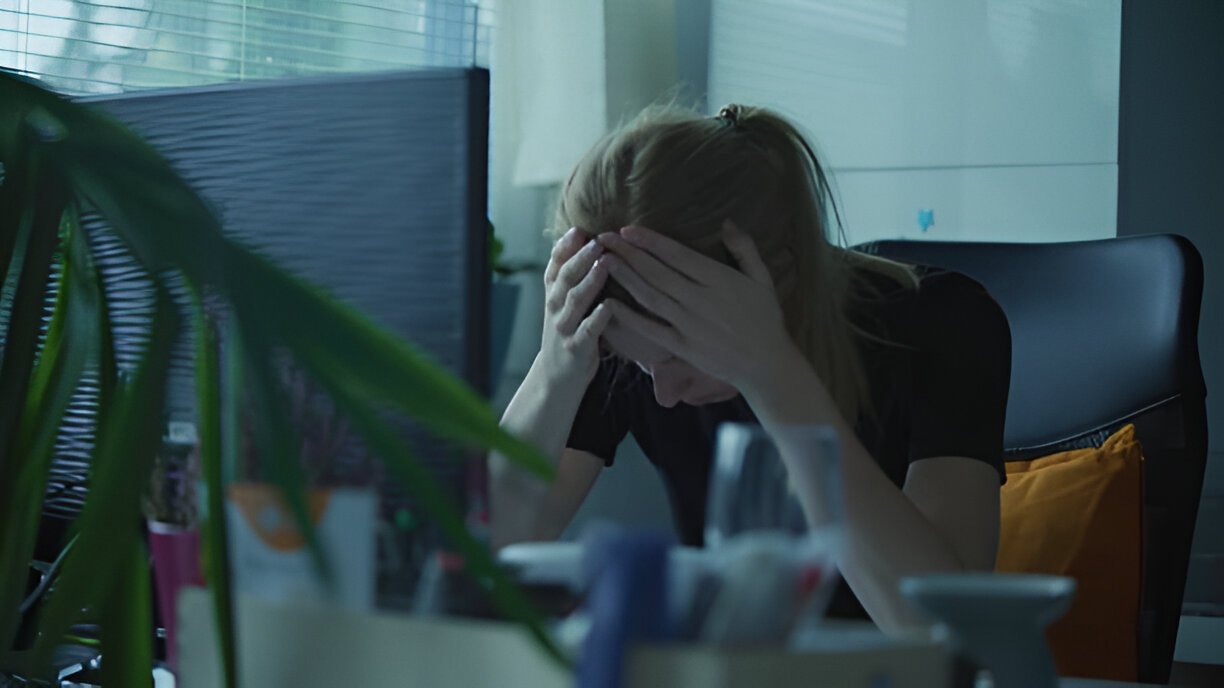In today’s fast-paced, multitasking world, it’s easy for clutter to accumulate—whether it’s physical, digital, or even emotional. You may think that a stack of papers, an overflowing closet, or a cluttered desktop is harmless, but mounting research reveals a different story. Clutter doesn’t just create a mess in your home or office—it wreaks havoc on your mental well-being.
What Is Clutter?
Clutter isn’t just “stuff.” It’s anything unnecessary, disorganized, or excessive that interferes with your life. It can take multiple forms:
-
Physical clutter: piles of clothes, unopened mail, disorganized spaces
-
Digital clutter: unread emails, countless desktop icons, notifications
-
Mental clutter: excessive thoughts, unprioritized to-do lists, unresolved emotions
Each type contributes in its way to stress, anxiety, and decision fatigue.
The Psychological Impact of Clutter
1. Increased Stress and Anxiety
Clutter bombards your mind with excessive stimuli, making it harder to relax. According to a 2010 study from UCLA’s Center on Everyday Lives and Families (CELF), women who described their homes as “cluttered” had higher levels of cortisol, the stress hormone.
When your environment feels out of control, it mirrors a loss of control internally. You might not realize it, but the disarray can create a constant, low-grade anxiety that saps your energy.
Clutter = Chaos = Cortisol
2. Reduced Focus and Productivity
Your brain can only process so much information at once. Clutter competes for your attention, reducing your ability to focus. A Princeton University study found that visual clutter limits your brain’s ability to concentrate and process information effectively.
Whether you’re working from home or managing household tasks, clutter creates mental “noise” that makes even simple decisions feel overwhelming.
Emotional Drain and Decision Fatigue
3. The Hidden Cost of Clutter: Emotional Exhaustion
Clutter can carry emotional weight. That broken heirloom you’ve been meaning to fix? The jeans that no longer fit? These items are visual reminders of things left undone, dreams deferred, or identities you’ve outgrown.
The result? Emotional fatigue and an ever-present sense of guilt or disappointment. This emotional load compounds over time, leading to mood swings, frustration, and even depression.
4. Decision Fatigue and Mental Load
Every object in your environment demands a decision: keep, toss, organize, donate? These micro-decisions add up, leading to decision fatigue. This makes it harder to make healthy choices, stay organized, or remain calm in the face of daily challenges.
Clutter and Sleep Disruption
Research from the American Academy of Sleep Medicine links cluttered bedrooms to difficulty falling asleep and poorer sleep quality. A messy bedroom can increase worry and reduce your ability to wind down.
Think of it this way: your brain never gets the “all clear” signal that says, “Everything’s done. Time to rest.” Instead, it stays on high alert.
The Connection Between Clutter and Depression
5. Is Clutter a Symptom or a Cause of Depression?
It can be both. Depression often leads to decreased energy and motivation, which makes cleaning and organizing more difficult. In turn, living in a cluttered environment worsens feelings of hopelessness, creating a vicious cycle.
Researchers have found strong links between hoarding disorder (an extreme form of clutter) and clinical depression. But even moderate clutter has been shown to reduce life satisfaction and self-esteem.
Social Isolation and Clutter Shame
6. Clutter Keeps People Away—Literally
Embarrassed by the state of your home? You’re not alone. Many people avoid inviting friends or family over due to shame about clutter. This social isolation not only reduces joy but also contributes to loneliness and a weakened support network.
Clutter tells a story—often one of neglect, procrastination, or overwhelm. And people internalize that narrative.
The Benefits of Decluttering
The good news? Decluttering isn’t just a chore—it’s a mental wellness practice. Here’s what happens when you clear the clutter:
-
Reduced anxiety: A tidy environment is calming to the brain.
-
Boosted mood: A sense of accomplishment increases dopamine.
-
Improved sleep: Clean spaces help signal that it’s time to rest.
-
Enhanced productivity: Fewer distractions = more focus.
7. Decluttering as a Form of Self-care
Think of decluttering as an act of self-respect. You’re telling yourself: “I deserve peace, order, and clarity.” Whether it’s a five-minute drawer clean-out or a full weekend closet purge, each small step builds momentum and rewires your mindset for growth and stability.
Practical Tips to Reduce Clutter and Improve Mental Clarity
Ready to make a change? Here are some proven strategies:
A. Start Small
-
Don’t try to organize your whole house in one day.
-
Pick one drawer, one shelf, or one corner to focus on.
B. Follow the “One In, One Out” Rule
-
For every new item you bring in, remove one.
C. Set a Timer
-
Give yourself 10–15 minutes daily to declutter a small area.
D. Sort Into Three Categories
-
Keep, Donate, Discard.
E. Limit Notifications
-
Declutter your digital life by turning off unnecessary alerts.
When to Seek Professional Help
If clutter feels unmanageable or is seriously affecting your mental health, consider reaching out to a:
-
Professional organizer: Helps structure your space.
-
Therapist: Assists with emotional attachment to clutter.
-
Productivity coach: Offers systems to reduce mental clutter.
Remember, seeking help is not a weakness—it’s an investment in your well-being.
Final Thoughts: Your Space Reflects Your Mind
Clutter doesn’t just take up physical space—it consumes your time, energy, and mental clarity. By understanding its psychological impact, you’re one step closer to reclaiming control over your life.
A clear space creates a clear mind.
Decluttering isn’t about perfection. It’s about creating an environment where you can thrive—mentally, emotionally, and even spiritually.



